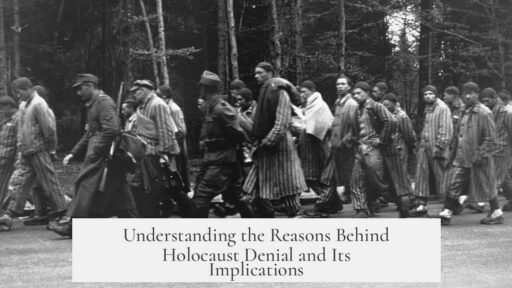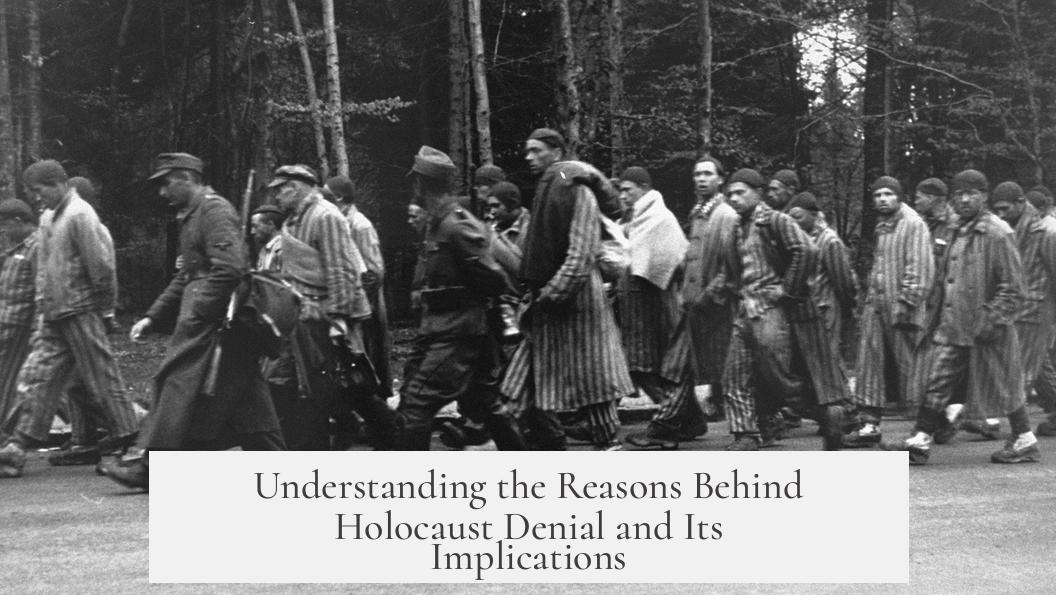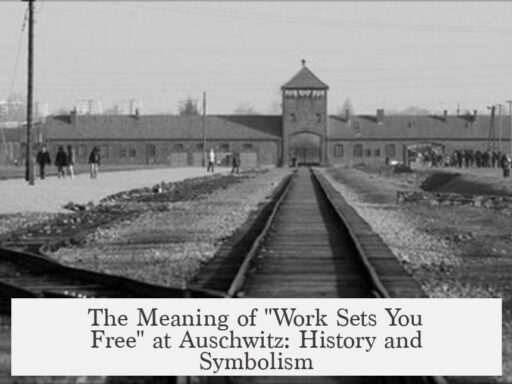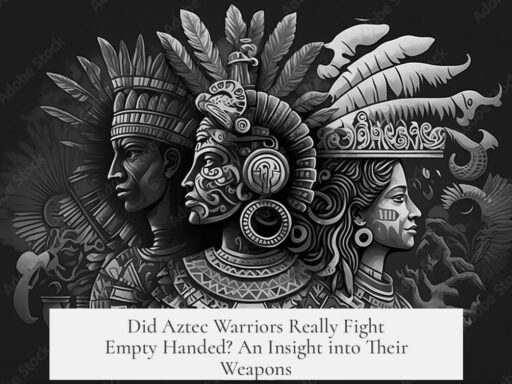Some people deny the Holocaust for various psychological, ideological, and social reasons. Holocaust denial involves rejecting or minimizing the well-documented genocide of six million Jews and millions of others during World War II, often aiming to rewrite history or propagate harmful agendas.
Holocaust denial differs from legitimate historical revisionism. Revisionism is a normal scholarly process where facts and interpretations are refined over time through evidence-based research. It does not question the occurrence of the Holocaust itself but may explore details and context. Holocaust deniers reject core facts, including the scale and existence of the genocide, and frequently claim the Holocaust was fabricated or exaggerated.
One central motivation for denying the Holocaust is antisemitism. Denial acts as a tool to promote hatred against Jewish people and seeks to rehabilitate Nazi ideology by negating its atrocities. This serves to undermine the historical suffering of Jews, disabled people, Roma, LGBTQ+ individuals, and other groups targeted by the Nazis. By denying the Holocaust, perpetrators attempt to diminish empathy for these victims and justify current or future mistreatment.
Holocaust denial often connects with broader conspiracy beliefs. Researchers studying hate groups and antisemitism reveal how conspiracy theories frequently share antisemitic narratives or lead to them. People believing in such conspiracies tend to embrace denialism as part of a larger worldview that views history and social issues as the result of secretive, malevolent forces.
Denial sometimes progresses gradually. Some start by disputing the extent of Nazi crimes or claiming certain victim groups suffered less. This step can escalate into outright denial that the Holocaust happened. Denial can also arise from trolling behavior, where individuals make provocative claims not out of belief but to incite anger and disrupt rational discourse. Trolls may openly express hateful wishes against Jews in the same breath as denying the Holocaust, amplifying harm.
Philosopher Jean-Paul Sartre identified how antisemites use illogical arguments knowingly. They exploit bad faith tactics intending not to convince but to confuse and intimidate. Denial rhetoric often sidesteps serious discussion by resorting to provocations or withdrawing from debate when challenged.
Focusing on what Holocaust denial achieves for its perpetrators is crucial. Denial empowers individuals and groups by enabling extremist ideologies to persist or regain respectability. It dehumanizes victims and reinforces harmful prejudices. By casting doubt on established historical facts, deniers erode trust in knowledge, promote divisiveness, and perpetuate hatred.
- Holocaust denial falsely rejects overwhelming evidence of genocide against Jews and others during World War II.
- Motivations include antisemitism, ideological extremism, conspiracy beliefs, and trolling.
- Denial aims to diminish empathy for victims and rehabilitate Nazi or racist views.
- It often involves bad faith arguments meant to disrupt honest discourse.
- The impact of denial fosters hate, disinformation, and historical revisionism harmful to society.
Why Do Some People Deny the Holocaust?
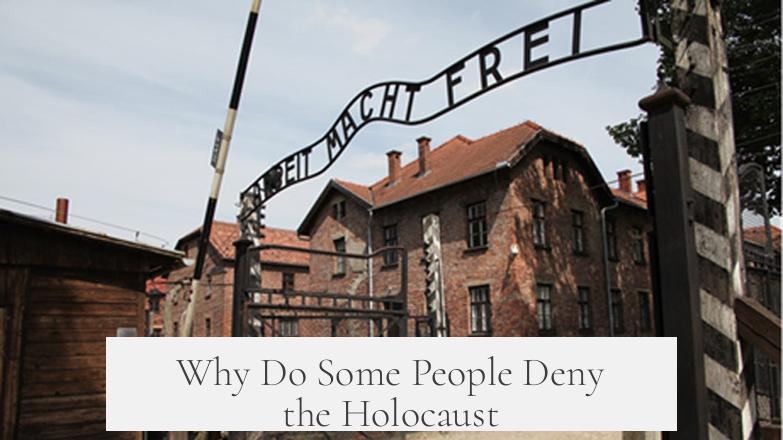
Simply put, some people deny the Holocaust because it suits hateful agendas, conspiracy thinking, or outright trolling tactics. But that’s just the start. The reasons behind Holocaust denial are layered, complicated, and often troubling.
Let’s unpack this carefully, so we can understand not just the ‘what,’ but the ‘why’ — and why that matters.
Not All Doubt Is Created Equal: Revisionism vs. Denial
The word “revisionism” sounds legitimate, even scholarly. It promises updated knowledge, refinement of facts.
True historical revisionism means reviewing evidence with fresh eyes, making adjustments based on new information, but never rejects core realities — like the Holocaust itself.
Historian Michael Shermer puts it well: real revisionists refine “detailed knowledge about events” but “rarely” deny the events themselves. They certainly don’t claim the Holocaust never happened or dramatically minimize its scope.
Meanwhile, Holocaust deniers form a very different group. They often call themselves revisionists, but their claims are not based on new evidence or honest debate. Instead, they deny facts, minimize deaths by the millions, or claim the entire tragedy was fabricated.
So why pretend to be “revisionists” when they are actually deniers? Probably because “denier” sounds harsh, while “revisionist” wears a scholarly mask. It’s like calling a bad magician a “realist.” Sure, the trick is obvious, but the label tries to trick the audience.
The Ugly Motives Beneath
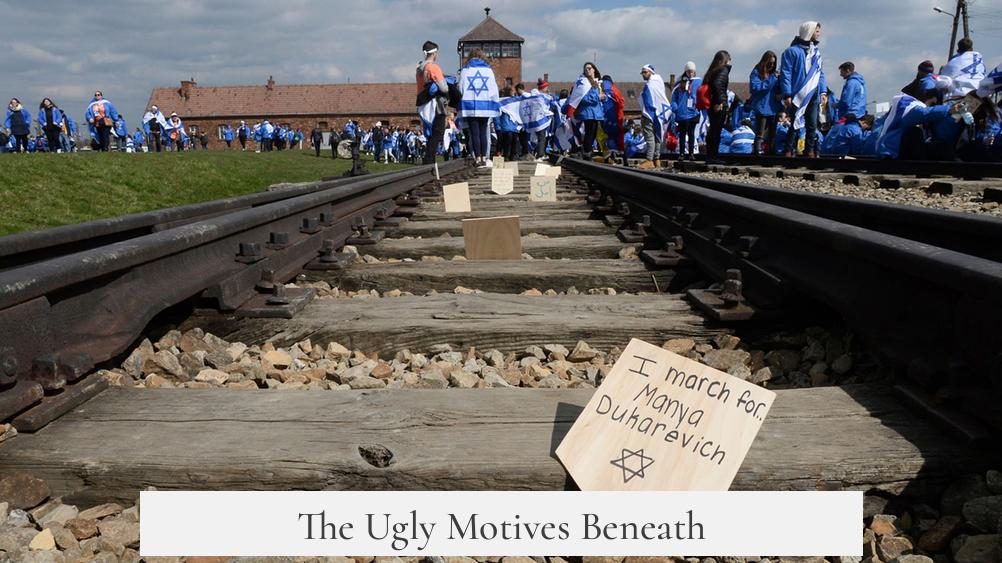
Why deny? Several overlapping motivations exist, none of them pleasant.
- Antisemitism and Nazi sympathies: Some individuals deny the Holocaust to rehabilitate Nazi ideology or to attack Jewish people. Denial serves as a tool to undercut the suffering of victims and deny culpability.
- Conspiracy thinking: Holocaust denial often fits within broader conspiracy mentalities, where facts become mere pawns in elaborate, suspicious plots.
- Empathy erosion: Denial helps strip empathy from victims — not just Jews, but other persecuted groups like the Roma, disabled, and LGBTQ+ individuals.
- Trolling and provocation: Sometimes the denier doesn’t even believe what they say. They provoke for laughter, chaos, or simply to disorient others.
This mix creates a toxic cocktail that fuels denial’s persistence. If you think you discovered a new conspiracy about the Holocaust, ask yourself: does this harm real people’s memories? Does it push hateful agendas? Probably yes.
Conspiracy Theories Love a Good “Us vs. Them” Narration
Researcher Abbie Richards shows how many conspiracy theories, even those seemingly unrelated, circle back to antisemitism. In her “inverted pyramid conspiracy chart,” Holocaust denial either appears directly antisemitic or inevitably leads there.
Believing one conspiracy theory often serves as a gateway to accepting more, especially hateful ones. It’s like a domino effect, but with damaging consequences.
Holocaust denial isn’t just erroneous history; it’s fuel for a wider set of fears and hatreds.
Bad Faith Argumentation: Playing with Fire
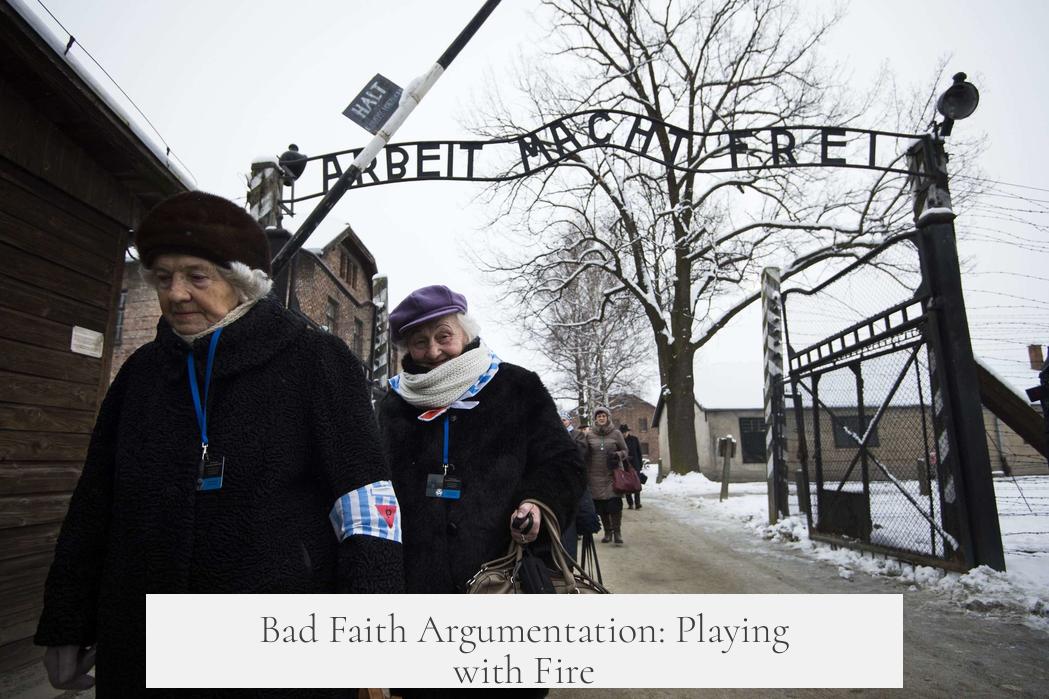
French philosopher Jean-Paul Sartre offers serious insight into how Holocaust denial speeches often function.
“Never believe that anti-Semites are completely unaware of the absurdity of their replies… They delight in acting in bad faith, since they seek not to persuade by sound argument but to intimidate and disconcert.” – Jean-Paul Sartre, Anti-Semite and Jew
This means deniers know their “arguments” lack basis but keep pushing anyway, just to unsettle and silence their opponents.
Sound familiar? It’s like arguing with a troll who flip-flops between denial and threats. These tactics wear down evidence-based discussion and poison public debate.
What Do Holocaust Deniers Actually Gain?
Understanding what deniers want is crucial — even more than why they started denying in the first place.
Denial works as a tool to:
- Justify hatred aimed at Jews and other marginalized groups.
- Discredit historical truth and empathetic understanding.
- Promote Nazi ideology, white supremacy, and extremist identities.
- Shock and provoke normal society to gain attention or status among extremist circles.
So when you see someone questioning the Holocaust, remember they often stand to gain ideological capital, identity affirmation, or social disruption.
How to Confront Holocaust Denial
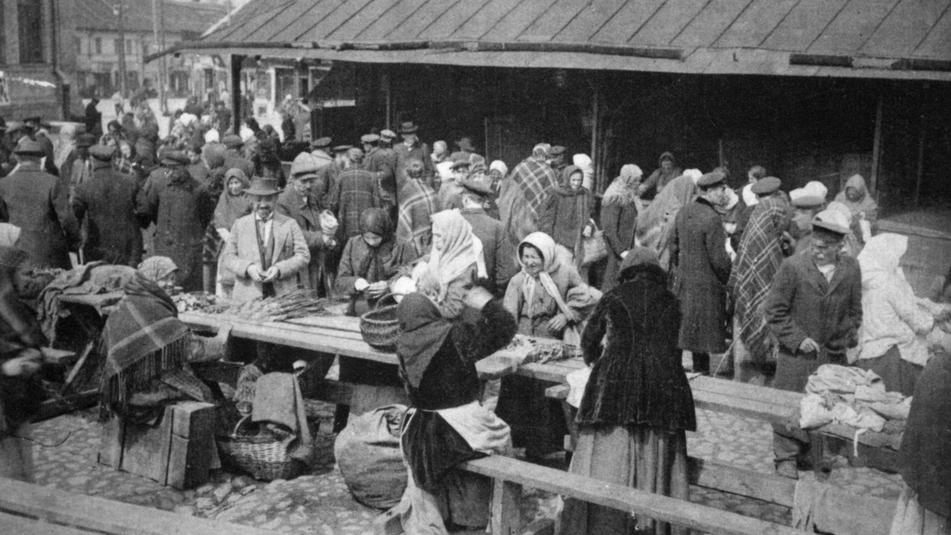
Avoid easy traps. Arguing with deniers often means playing into bad faith games.
Instead, focus on:
- Educating others about the difference between legitimate scholarship and denialism.
- Highlighting survivor testimony, which provides irrefutable, firsthand evidence.
- Recognizing disinformation, so you don’t spread falsehoods unknowingly.
- Calling out hate when denial is used to foment antisemitism or racism.
Holocaust denial is less a debate about facts and more an attempt to erase suffering and justify hate. Being aware of their tactics is your best defense.
In Summary: The Real Story Behind Denial
Holocaust denial is driven primarily by antisemitism, a desire to rehabilitate Nazi ideology, and conspiracy thinking. It’s not legitimate revisionism—but a willful rejection of facts to promote hateful worldviews and provoke reactions.
Many deniers use denial to shred empathy, justify mistreatment of victim groups, or simply troll others. Their “arguments” often come from bad faith and an intention to intimidate rather than persuade.
Understanding what deniers gain helps us focus on protecting historical truth and human dignity instead of getting bogged down in fruitless debates.
The Holocaust happened. Millions of lives were lost. And denial exists not because of a lack of evidence, but because hate and conspiracy thrive where truth is too threatening to be accepted.
So next time you wonder ‘Why do some people deny the Holocaust?’—remember it’s not ignorance. It’s often an intentional act with dangerous ambitions behind it.
Care to share your thoughts? How do you think society should combat denial without giving it more oxygen?
